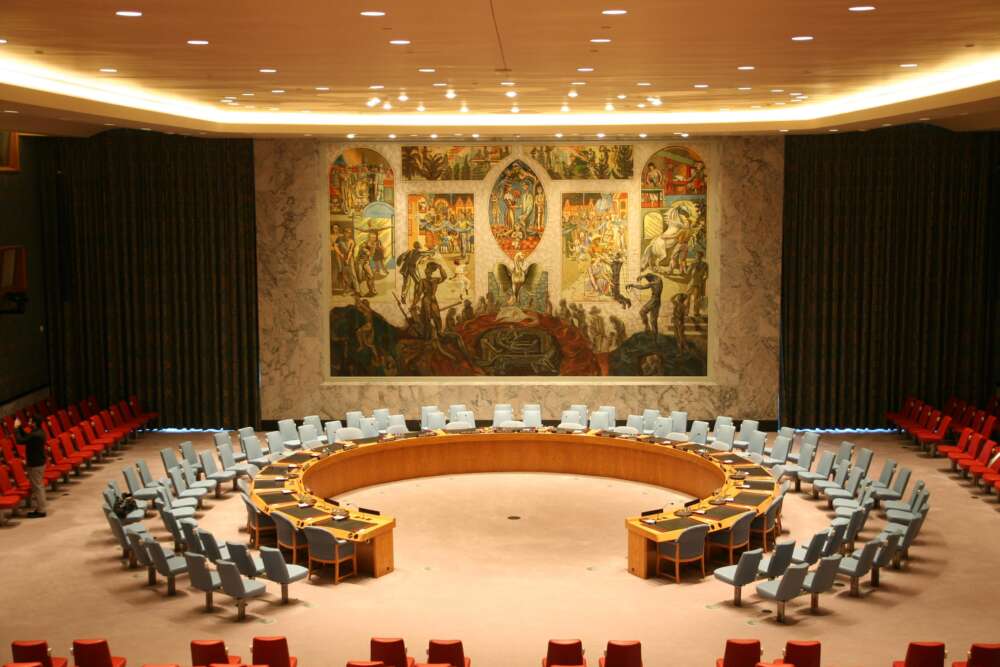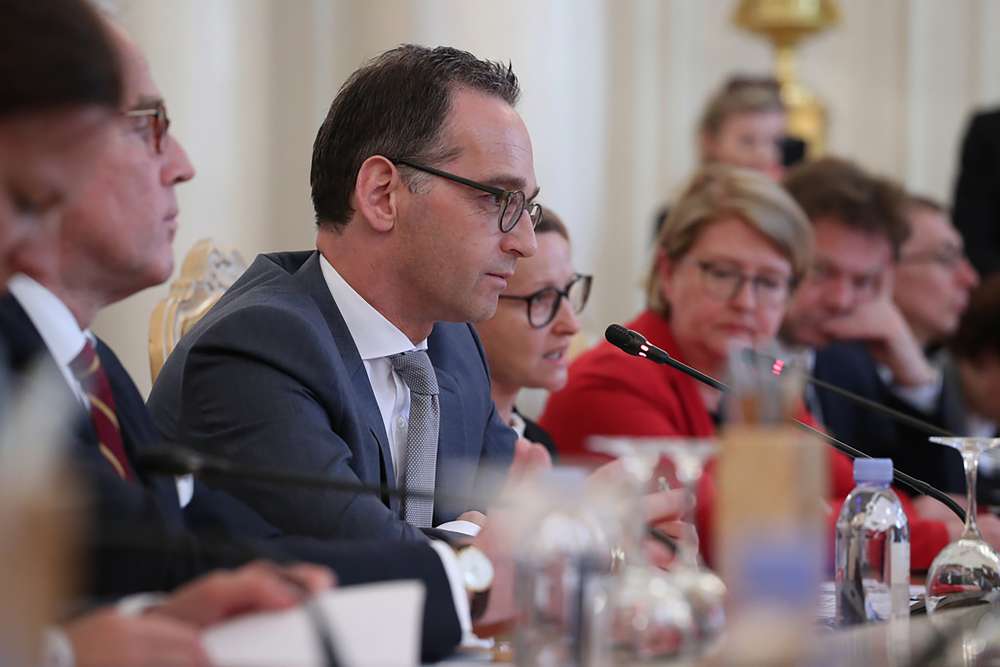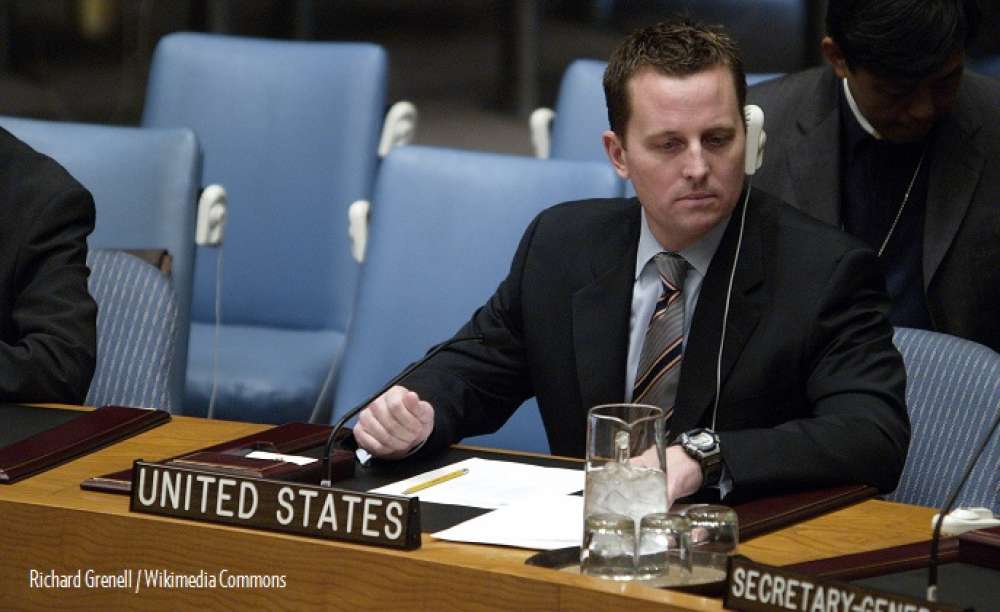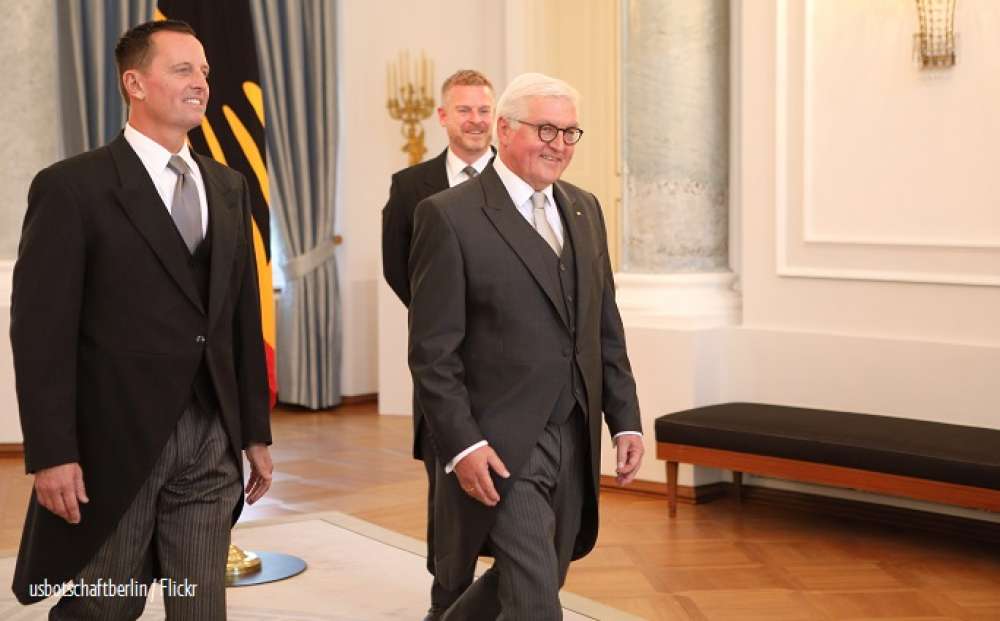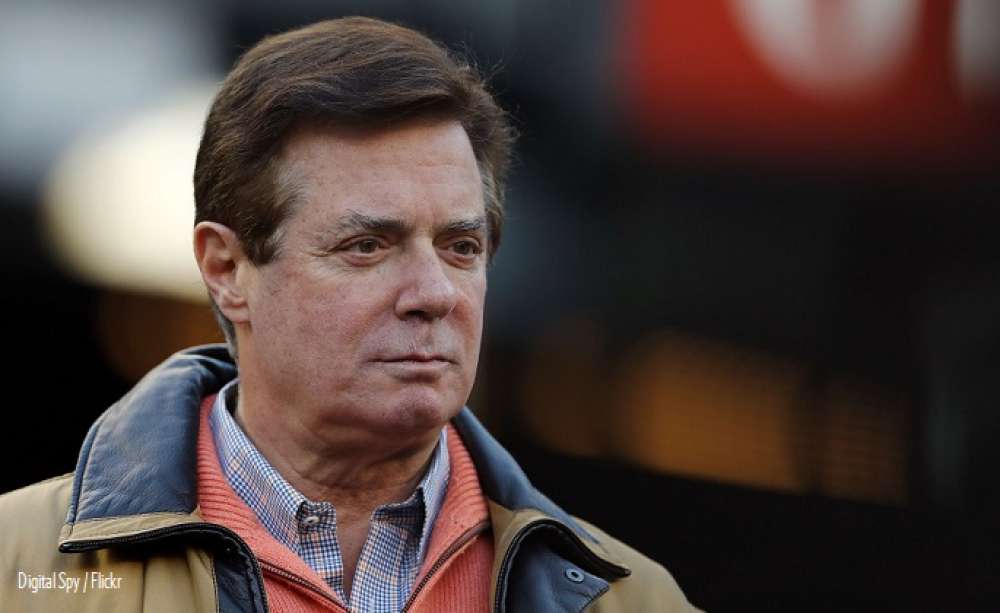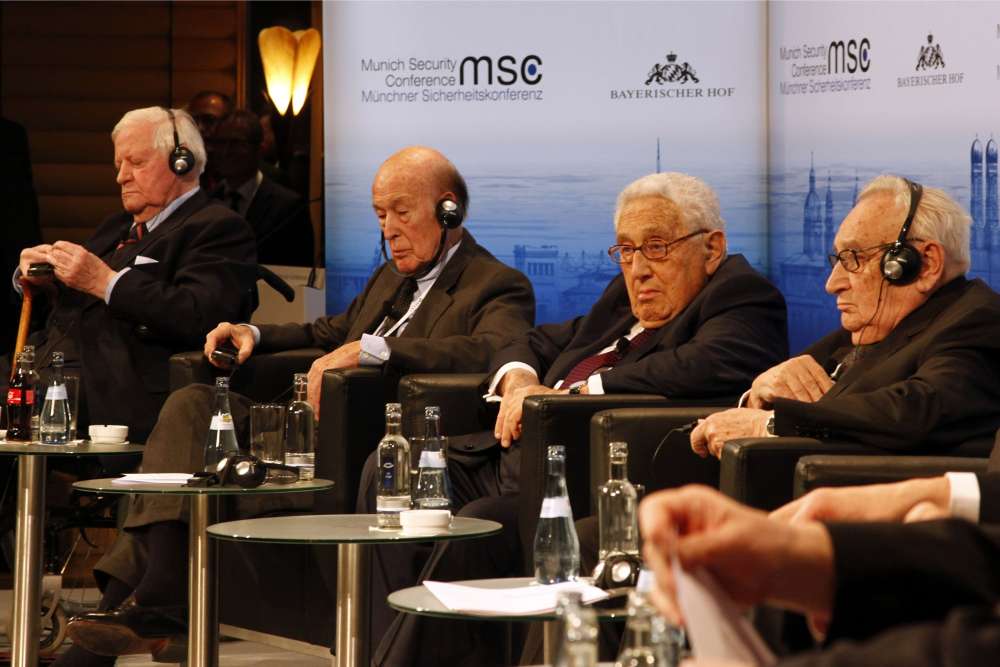Ovation Diplomacy: The Shortsightedness of President Trump’s Foreign Policy
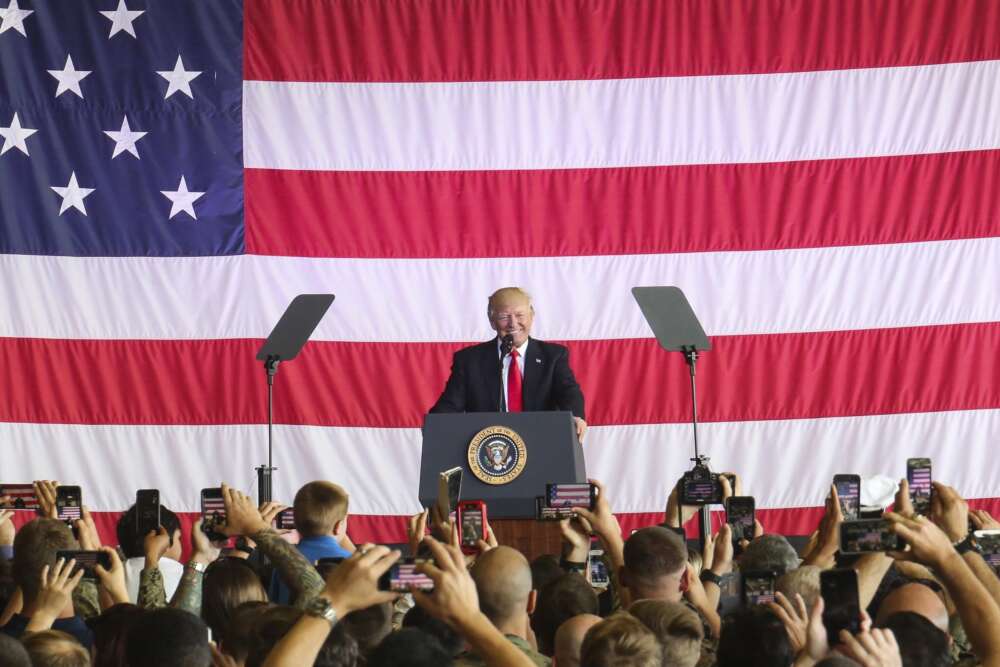
Speaking in Brussels on December 4, US Secretary of State Mike Pompeo finally gave a name to the philosophy guiding President Trump’s foreign policy: “principled-realism.” Secretary Pompeo likes to think of it as “common-sense,” but perhaps a clearer explanation is an effort to translate President Trump’s “America First” strategy into a less brutish sounding concept.
Principled garnishes aside, Trump’s foreign policy certainly does not follow standard American operating-procedure. As one senior administration official noted, President Trump does not believe the United States should be part of “any alliance at all,” and prior commitments or loyalties to allies should not factor into any decision. As a result, Canada has been deemed a threat to US “national security,” and, in attacking the trade deficit with Japan, President Trump needed to remind Japanese prime minister Shinzo Abe that he “remember[s] Pearl Harbor.”
Yet Mr. Pompeo’s speech challenged the notion that this policy is not consistent with more traditional American foreign policy ideals: “Even our European friends sometimes say we’re not acting in the world’s interest. This is just plain wrong.” It isn’t wrong. But in President Trump’s defense, he never claimed to be acting in the world’s interest – his subordinates have. President Trump’s foreign policy essentially has one goal: ensuring his reelection. This is not to say that other presidents have not allowed concerns over their reelection to influence foreign policy decisions – they all have. What sets President Trump apart is the exclusivity of this focus – that “America First” is his guiding compass and Pompeo is left to round out a holistic, broader foreign policy from this very simple premise. As a result, U.S. foreign relations have come to be guided by what Paul Pillar calls “seeking applause lines at home.”
It is no surprise President Trump’s most successful applause lines have come in haranguing his predecessor’s work. In fact, some believe this is his foreign policy. One of the president’s friends described the “Trump Doctrine” to The Atlantic’s Jeffrey Goldberg: “There’s the Obama Doctrine, and the ‘F*** Obama’ Doctrine. We’re the ‘F*** Obama’ Doctrine.” In practice, this is focused on “canceling out [Obama’s] policies,” and it plays brilliantly with his supporters. Similarly, Josh Rogin has pointed out how Trump “gives priority to foreign-policy issues that serve [his] base coalition of voters.” He levies tariffs for blue-collar workers and has moved the U.S. embassy in Israel to Jerusalem to ingratiate pro-Israel donors. He is consistently navigating international affairs in search of an applause line for those that elected him.
While this may lead to President Trump’s reelection, the strategy’s ultimate danger is that it fails to consider long-term consequences. Just as Trump is unconcerned about prior American commitments, he is equally unconcerned about what comes after him. In being asked about an impending US debt crisis, Trump told officials, “Yeah, but I won’t be here.” He conducts foreign policy with the same rationale.
Consider Europe and the US dollar. In accordance with “canceling out” Obama policies, President Trump chose to leave the Iran nuclear deal and reinstate sanctions on European companies doing business with Iran. In planning to remain in the deal, the European Union has responded by enacting plans to establish the euro as an alternative to the dollar in order to ensure economic independence from the United States.
This is one of those dangerous long-term consequences. As former NATO Secretary General Javier Solana has pointed out, “The power of the US today is not the military, it’s the dollar.” That may be a bit overblown but the dollar is integral to American strength. It won’t be replaced overnight, but this represents the beginning of a serious challenge to US influence abroad – something to be expected from Russia or China, not Europe. And it is not just a threat to some abstract idea of America’s place in the world. It is a direct threat to the US economy, and subsequently American citizens. This is dangerous, and Trump’s foreign policy is its catalyst. When US foreign policy is trivialized to a reelection campaign, this is the result. Decisions are made that fail to consider broader trends, risks, or ramifications – all in the hope of getting a rousing applause.
…
This commentary post was originally published on the Institute for Contemporary German Studies blog on December 20, 2018.

